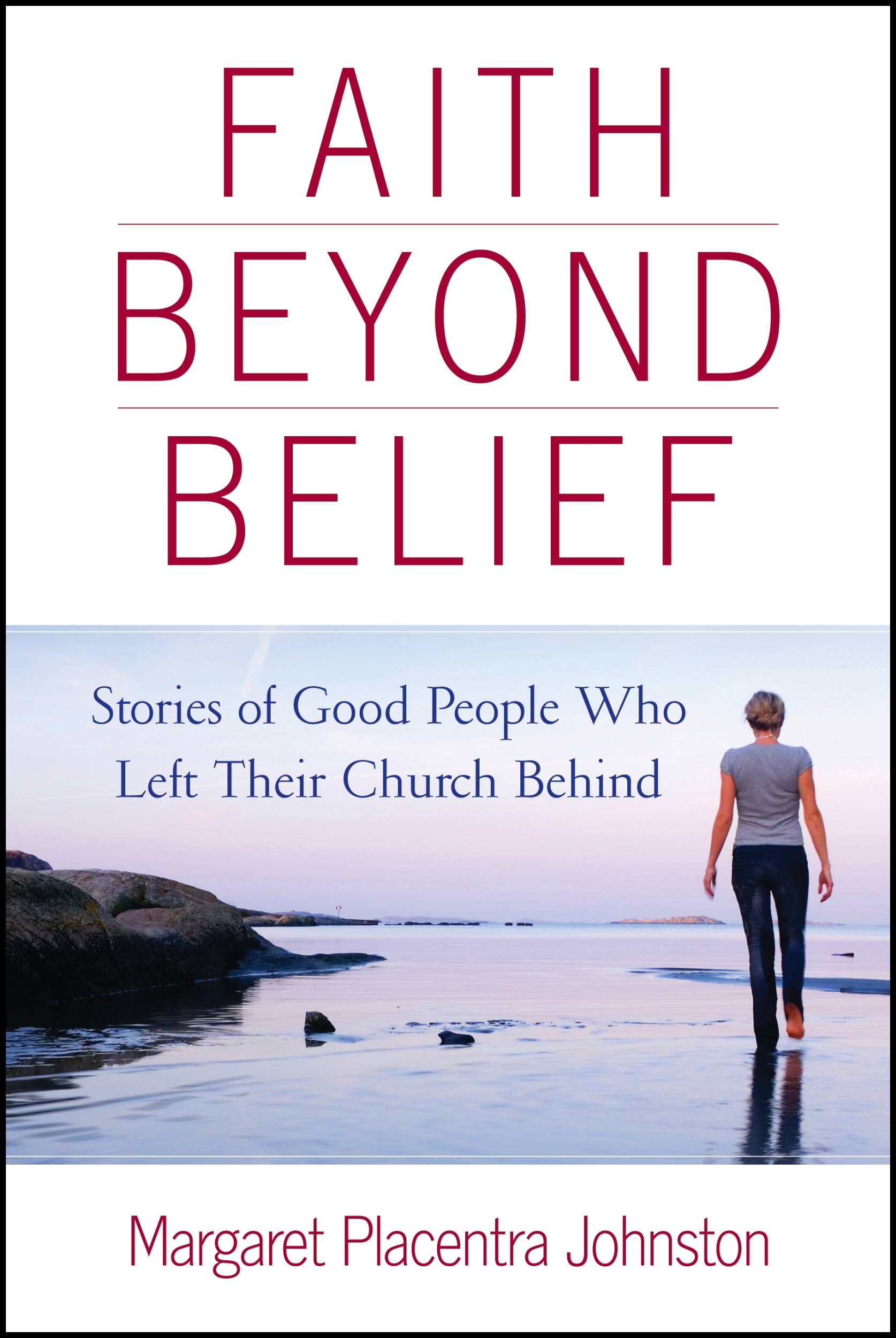How does the issue of trust figure into religious belief? Who shows greater trust—religious believers, or nonbelievers?
In their article, “Trust in a “Fallen World”: The Case of Protestant Theological Conservatism,” researchers Hempel, Matthews and Bartkowski[1] shed light on this issue that helps us reason it through. Following their argument to its natural endpoint, and adding spiritual development theory into the mix brings us to a most counter-intuitive and paradoxical conclusion. But then, paradoxes abound any time spiritual development theory is involved; spiritual development is not for the simple-minded.
What is trust? As a verb, to trust means to place confidence in. As a noun, trust is a firm belief in the integrity, ability, effectiveness or genuineness of someone or something.
So someone who trusts has confidence—even when things don’t look that way—that good is happening. With regard to spiritual issues, they hold firm belief in the genuineness and integrity of existence in general.
For the most part, traditionally religious people would probably say they trust in God. But this is a limited viewpoint—especially if they mean God as a discreet being, separate from his creation. Hempel, Matthews and Bartkowski discuss how trust in others unknown to us is an essential component in contemporary social life—necessary to democratic and economic institutional efficiencies, social integration, and a robust civil society. They call this generalized trust and designed a formal study to test their hypothesis that theological conservatism undermines generalized trust.
Religious participation has been shown to correlate with increased generalized trust and to promote civic engagement. The benefits of social engagement with a cohesive community would increase our feelings of trust in others, and lead us to want to help others where possible. But this is different from saying religious beliefs promote trust.
2,023 noninstitutionalized English-speaking persons age 18 or older in the US were interviewed and rated on both their level of theologically conservative religious beliefs, and their level of generalized trust. The researchers distinguish theologically conservative belief systems from others—not based on denominational affiliation—but rather by the characteristics of belief in the authoritativeness of the Bible, belief in human depravity, the existence of hell, and the need for a born-again experience to attain salvation. Measures of generalized trust included such questions as “Generally speaking, would you say that people can be trusted or that you can’t be too careful in dealing with people?” and “Do you think most people would try to take advantage of you if they got a chance, or would they try to be fair?”
Sure enough, the study confirmed the hypothesis: theological conservatism was inversely related to generalized trust. People holding theologically conservative beliefs had less trust, in general, than the average person. But the study also confirmed prior findings that religious involvement is positively related to generalized trust.
Don’t the two findings mentioned above conflict with each other? They do not if we take spiritual development theory into consideration. Spiritual development describes two very different types of religious person, typical of two different levels of spiritual maturity. The distinction between these two is often missed in our society.
The characteristics used by these researchers to define theological conservatism match almost exactly the characteristics of the Faithful stage, the less developed stage. The Faithful group tends to base their understanding of the world on the premise that human nature is basically evil (Adam and Eve eating that forbidden fruit, you know.) The Faithful stage is typified by literal religious beliefs, fear of punishment, need to adhere to religious rules to avoid the chaos of an ungoverned life—and suspicion that those outside the group are less good, and less deserving than those inside—the opposite of generalized trust.
While there are huge variations among individuals within the spiritual development stages, and no one person falls fully into any given stage, (just like no one person is either 100% introverted or 100% extroverted) the more literal, the more conservative, the more insular the religious person, the more likely they typify what can be called the Faithful or pre-critical level.
At the other end of the spectrum from the Faithful level, the Mystic level, holds more of a metaphorical or looser understanding of religious and/or spiritual concepts. Whatever their understanding of God, the less literal Mystic tends not to believe that God would have created all these creatures to be basically evil.
Because the less literal religious levels are not so based on fear of human nature, they can accept that it is not the specific rules of their own religion, nor the threat of hell that keeps their behavior in line. They can also accept that those from other religions, and those with no religion at all may govern their own behavior according to principle.
Those at the Mystic level tend to trust themselves to behave without the rules. They trust that their fellow man—even those without a religion—will behave mostly appropriately without the threat of punishment, and they trust that no creator who was good would have set up this catch-22 situation where people have to believe things for which they have no evidence, and at the same time have given those creatures the gift of reasoning skills that would have to be denied in order to believe what they must for salvation.
So the Mystic level shows greater generalized trust than the literal, Faithful level; the theologically liberal levels display a broader and more complete trust than the conservative levels.
Spiritual development tells us that the broader our understandings, the greater our trust, the more developed we are spiritually. Thus the study shows that theological conservatism is less mature, and shows a shallower form of trust than those who extend a generalized trust to themselves, to their fellow man, and to the overall reasonableness of any creator. Those who have moved beyond the need for the literal religious beliefs are more likely to include themselves, their fellow man and the Universal Ground of Being in all that is good.
[1] Lynn M. Hempel, Todd Matthews, John Bartkowski. Journal for the Scientific Study of Religion. Vol 51 Number 3 Sept 2012. 522-541.











